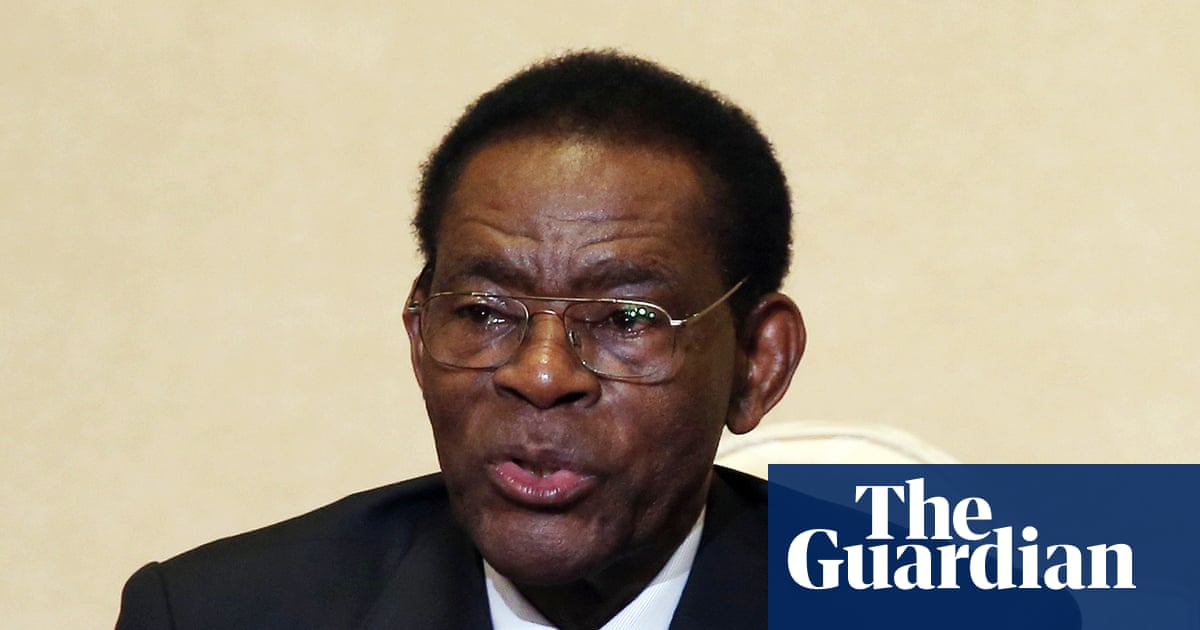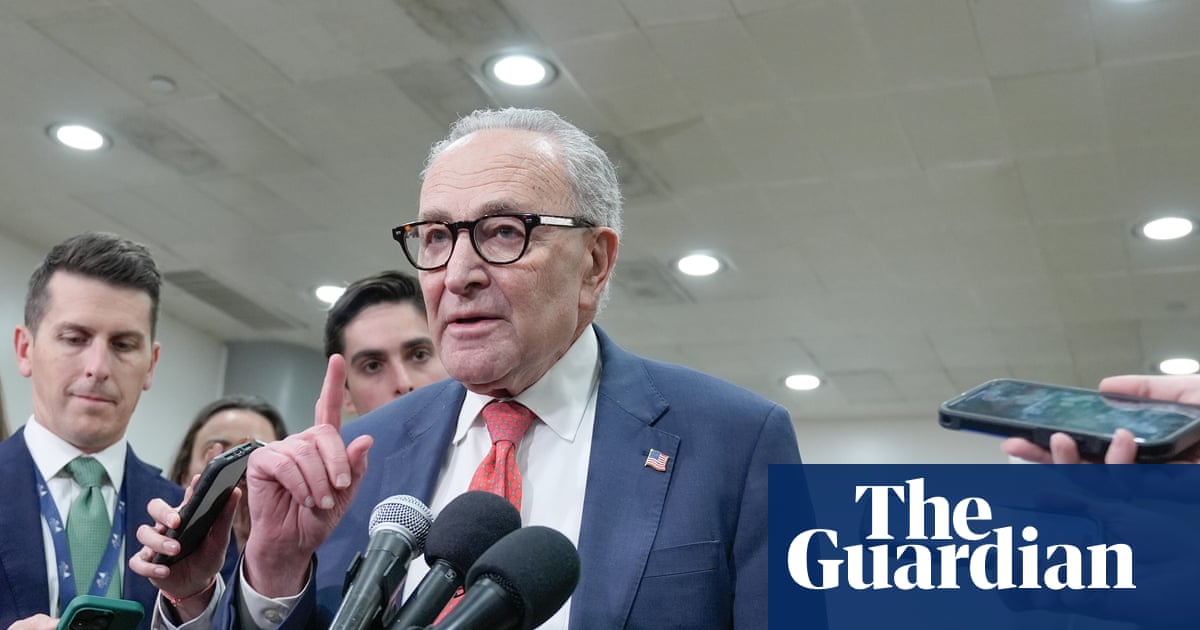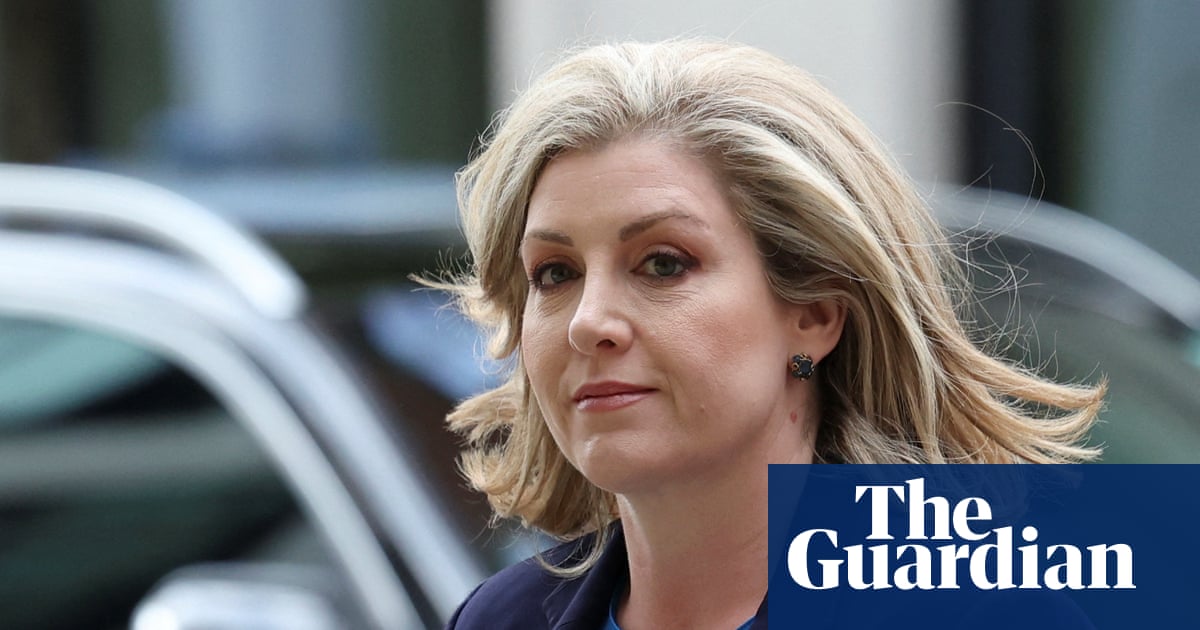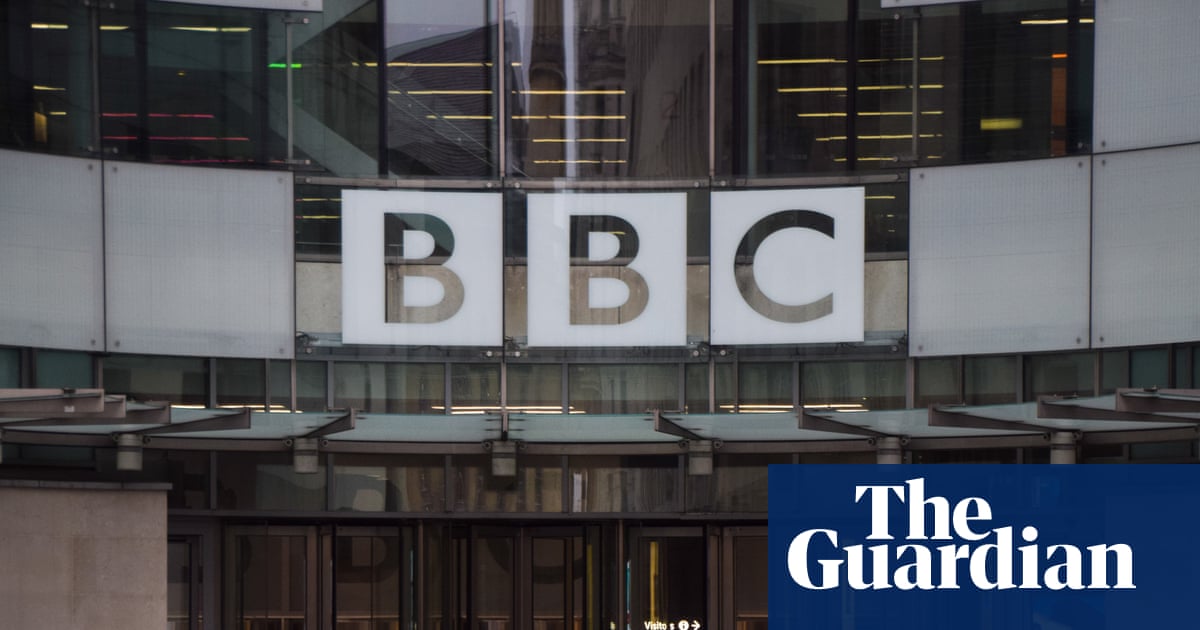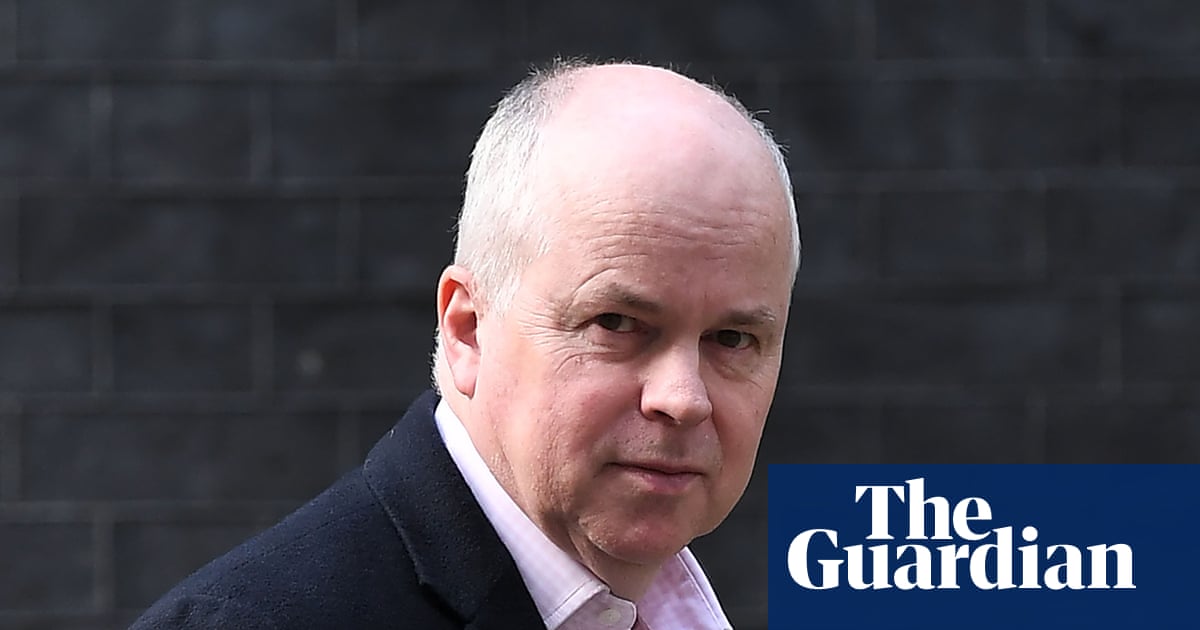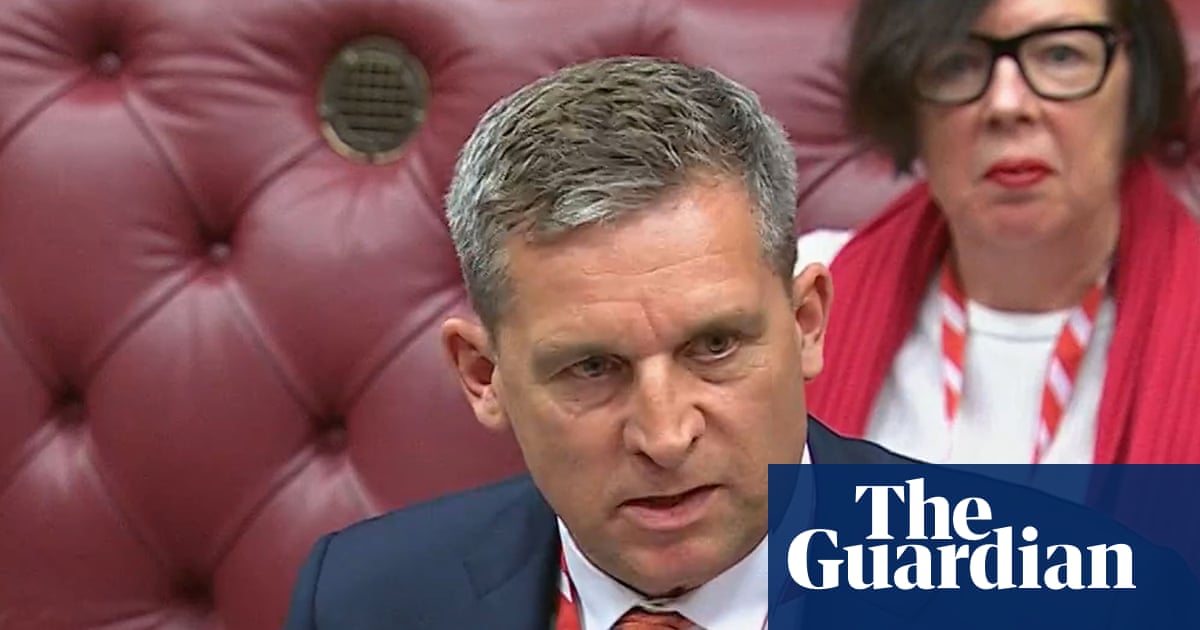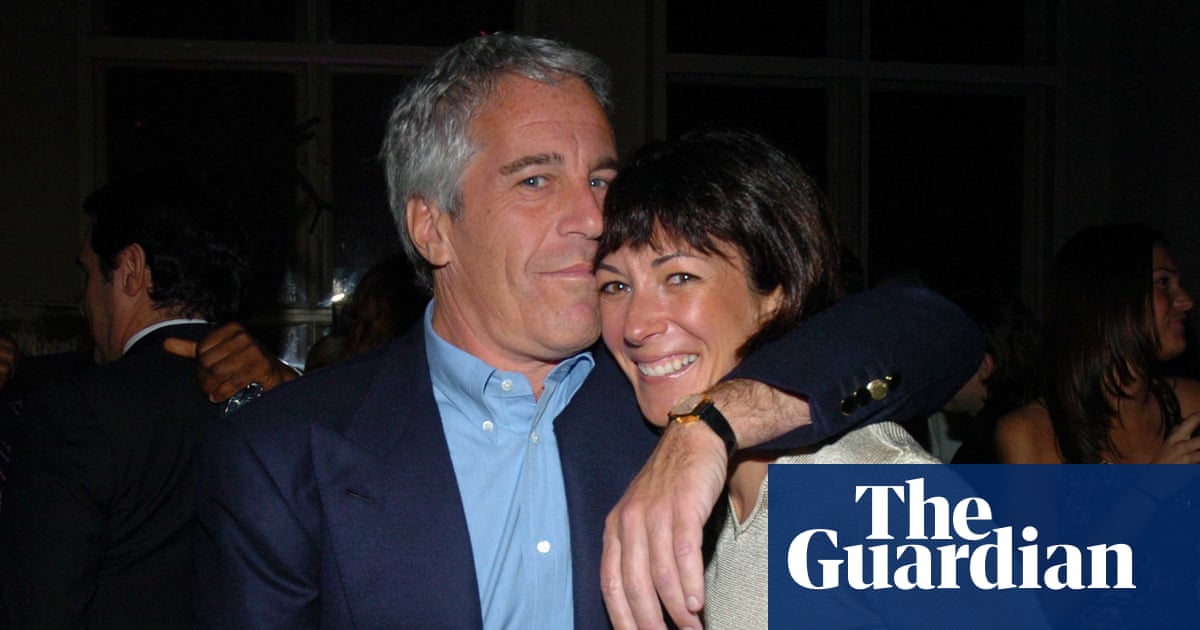Amazon has agreed to pay $2.5bn in fines and redress to Prime subscribers to settle a lawsuit by the US Federal Trade Commission (FTC), which accused the retail giant of signing users up for the service without their consent and making it difficult to cancel.
In a statement, the FTC said $1.5bn of the total will go into a fund to repay eligible subscribers, on top of a $1bn civil penalty. Amazon has been contacted for comment.
The FTC – the US agency charged with consumer protection – sued Amazon in 2023, under the Biden administration, accusing the company of enrolling tens of millions of customers into its Prime subscription service without consent – and locking them in within a labyrinthine cancellation system so laborious and complex it allegedly had a code name: “Iliad”, after Homer’s epic about the slog of the Trojan War.
The case went to trial in a federal court in Seattle earlier this week and was expected to last a month.
The Trump-appointed FTC chair, Andrew N Ferguson, hailed a “record-breaking, monumental win for the millions of Americans who are tired of deceptive subscriptions that feel impossible to cancel” on Thursday.
“The evidence showed that Amazon used sophisticated subscription traps designed to manipulate consumers into enrolling in Prime, and then made it exceedingly hard for consumers to end their subscription,” said Ferguson. “Today, we are putting billions of dollars back into Americans’ pockets, and making sure Amazon never does this again.”
Under the terms of the settlement, Amazon will be required to include a “clear and conspicuous” button for customers to decline a Prime subscription while shopping on its platform, the FTC said, and create an “easy way” for subscribers to cancel their subscriptions. The company had previously argued that it had improved its Prime enrolment and cancellation processes and that the FTC’s allegations were out of date.
Amazon shares traded broadly flat in New York after the announcement.
The company is facing a separate case brought by the FTC that the company built and maintained an illegal monopoly. The trial, presided over by the same judge as the Prime case, is set to go to trial in 2027.
The case was part of a salvo of lawsuits brought around the same time against US tech giants accusing them of abusing their dominance at the expense of smaller competitors. In the ensuing legal proceedings, Google was declared an illegal monopoly but escaped an outright breakup, the most severe penalty sought by the government.

 1 month ago
58
1 month ago
58
